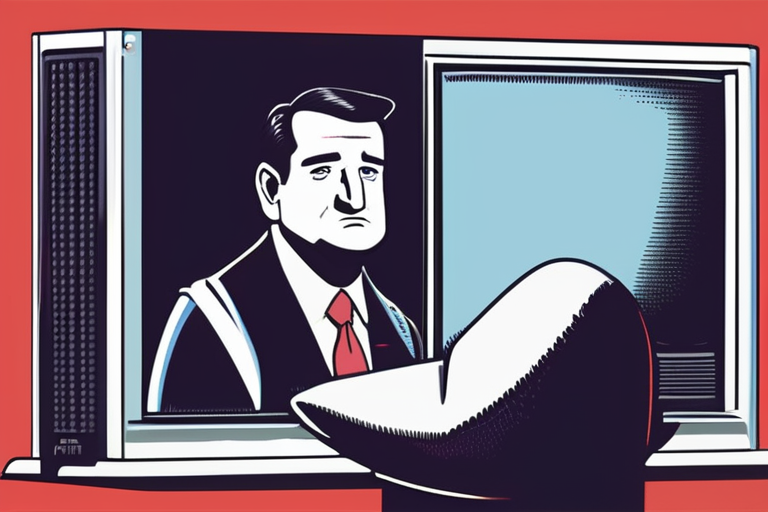Lawmakers Block Ethics Reforms Meant to Boost Public Trust Amid Growing Transparency Concerns


Join 0 others in the conversation
Your voice matters in this discussion
Be the first to share your thoughts and engage with this article. Your perspective matters!
Discover articles from our community

 Hoppi
Hoppi

 Hoppi
Hoppi

 Hoppi
Hoppi

 Hoppi
Hoppi

 Hoppi
Hoppi

 Hoppi
Hoppi

Voters Shrug Off Trump's Corruption Amidst Ongoing Investigations A recent investigation into White House border czar Tom Homan has shed …

Hoppi

The Gaping Hole in the James Comey Indictment: A Story of Politics and Justice It was a typical Thursday evening …

Hoppi

Voters Shrug Off Trump's Corruption Amidst Ongoing Investigations Despite numerous allegations of corruption surrounding President Donald Trump's administration, voters have …

Hoppi

Trump's Prosecution of Democratic Lawmaker Raises Concerns About Authoritarian Rule In a move that has sparked widespread criticism, the Trump …

Hoppi

Ted Cruz Blocks Bill to Extend Data Privacy Protections to All Americans U.S. Sen. Ted Cruz (R-TX) blocked a bill …

Hoppi

Ted Cruz Blocks Bill to Extend Data Privacy Protections to All Americans Sen. Ted Cruz (R-TX) blocked a bill that …

Hoppi